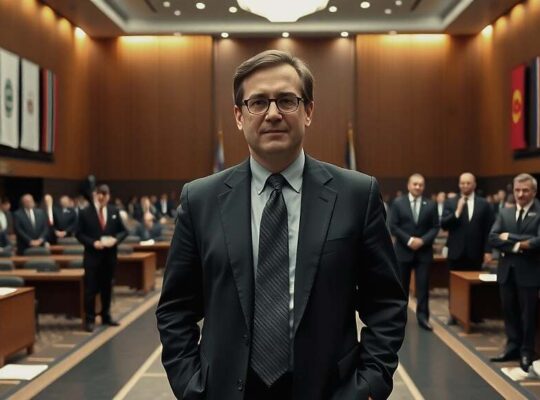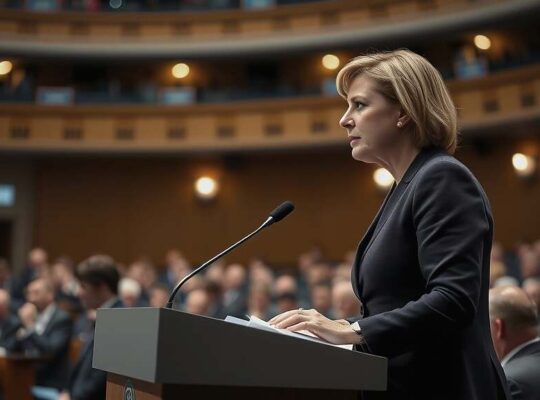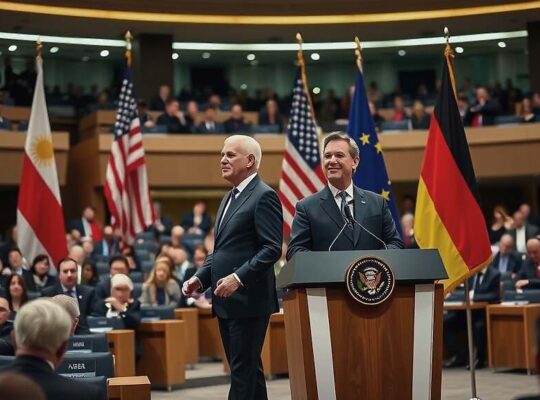Germany’s Defence Minister Boris Pistorius has asserted that NATO’s defensive capabilities remain robust in the face of the ongoing threat posed by Russia, while simultaneously acknowledging the urgent need for accelerated action to modernize and bolster the alliance’s readiness. In an interview with the Frankfurter Allgemeine Sonntagszeitung, Pistorius cautioned against portraying a narrative of NATO vulnerability, stating that the alliance possesses “a considerable deterrence potential” encompassing both conventional and nuclear capabilities.
However, Pistorius emphasized that NATO must prioritize equipping its “combat-ready forces even better” to meet evolving security challenges. He offered a comparatively optimistic assessment of the Bundeswehr’s current state, suggesting its condition is significantly improved compared to recent portrayals in public discourse. The minister pointed to a marked increase in contracts for weapons systems and highlighted a clear plan for personnel and infrastructure growth. Recruitment numbers, he noted, are already rising, even before the implementation of the renewed military service registration process.
Pistorius conceded that Germany’s armed forces have suffered from decades of neglect, leading to deteriorating infrastructure and drastically reduced personnel. He acknowledged that a consensus across Germany’s mainstream political parties had previously recognized the necessity for decisive action, but underscored the need to expedite progress. “We have initiated a strategic shift in recent years” Pistorius stated, “but we must accelerate our actions across the board.
Regarding the reintroduction of military service registration, Pistorius reiterated adherence to the planned timeline. He defended the process as a “fundamental requirement” for Germany’s defensive capabilities, emphasizing its role in identifying individuals potentially available for mobilization in a crisis. He envisions a phased development of a reserve force comprised of former conscripts, projecting a nationwide aptitude testing process starting in mid-2027.
Despite the renewed focus on bolstering national defense, Pistorius directly refuted arguments advocating for the immediate reimposition of mandatory conscription. He questioned the logistical feasibility of accommodating a potential influx of hundreds of thousands of recruits and expressed concerns about the availability of sufficient training resources. “We are consciously focusing on voluntary service” Pistorius explained, “seeking individuals who are motivated and well-suited, a strategy that yields a greater long-term benefit than compelling young people into service”. The minister framed the current approach as a pragmatic compromise, dismissing previous debates as irrelevant to the current strategic direction.












